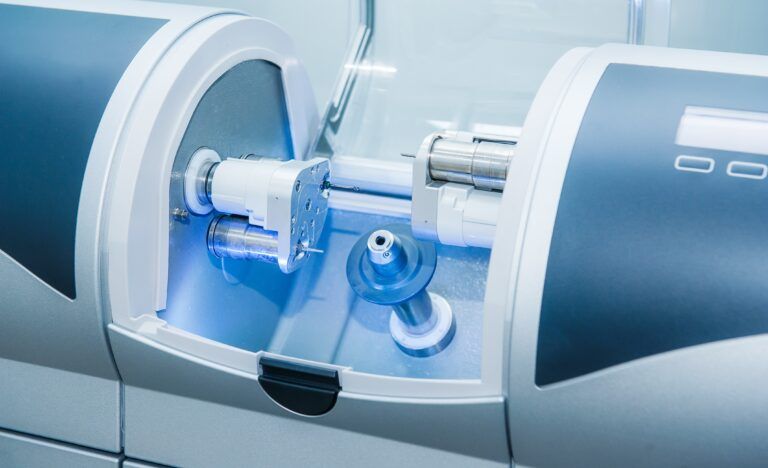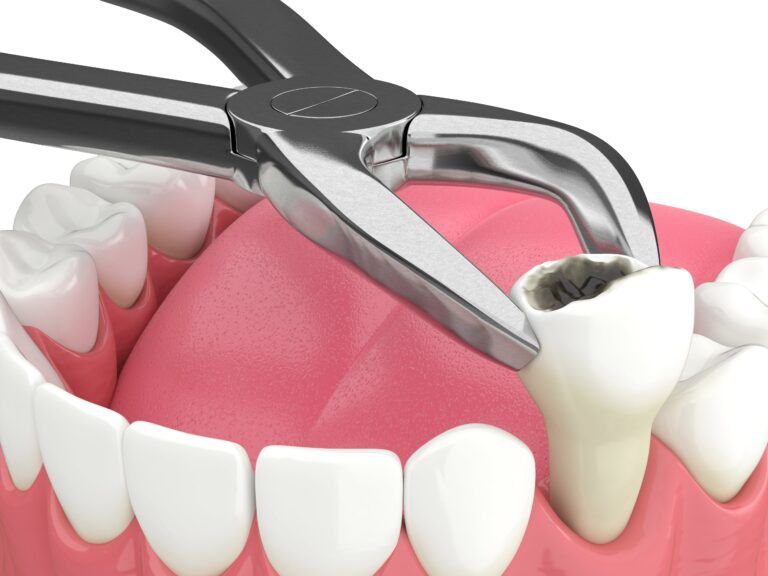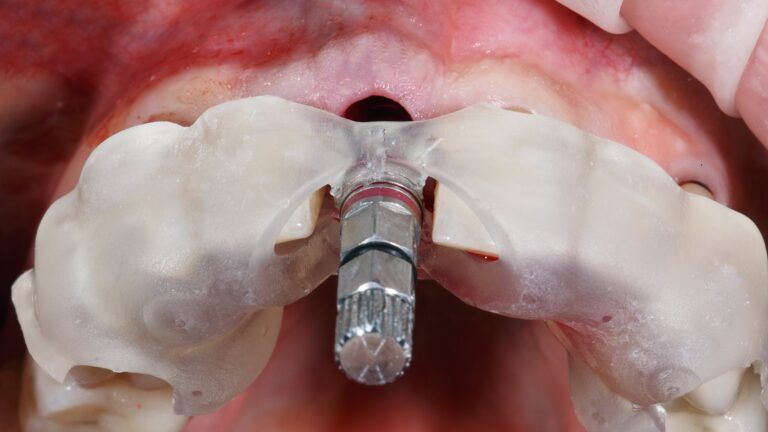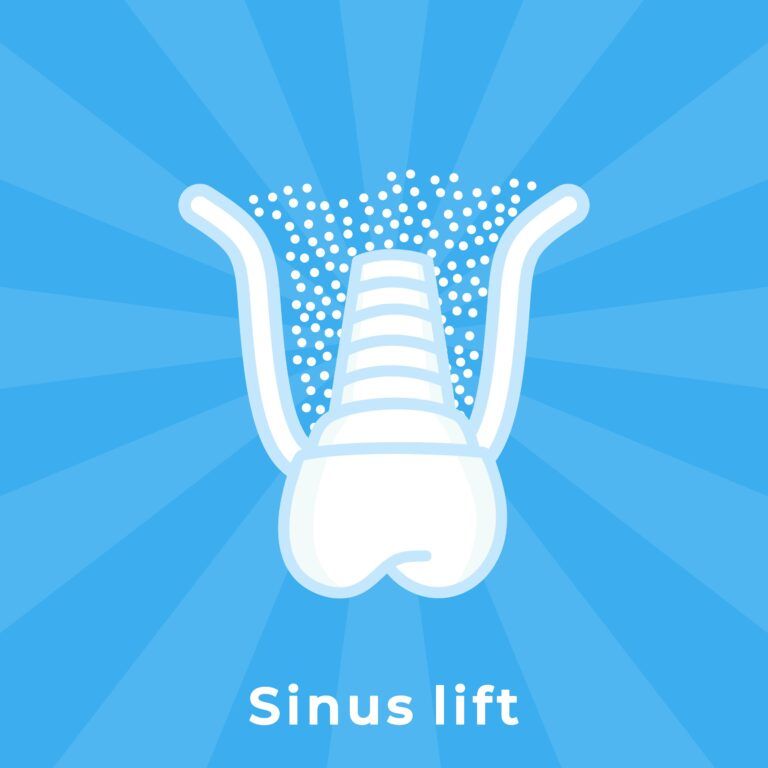In the realm of modern dentistry, implant-supported dentures have emerged as a game-changing solution for patients seeking enhanced stability, comfort, and functionality in their tooth replacements. Traditionally, implant-supported dentures have proven to be a significant improvement over conventional removable dentures. However, recent technological advancements have further revolutionized this field, introducing a new and superior approach: Computer-Aided Design and Computer-Aided Manufacturing (CAD/CAM) technology applied to implant-supported dentures. CAD/CAM-milled implant-supported dentures have taken precision and patient satisfaction to new heights, offering a range of advantages that surpass their conventional counterparts. In this article, we will explore the compelling benefits of CAD/CAM-milled implant-supported dentures, demonstrating why they have become the preferred choice for dental practitioners and patients alike.
What is CAD/CAM Milling?
CAD/CAM milling refers to the computer-aided design and computer-aided manufacturing process used to create dental restorations, including implant-supported dentures. It involves the use of digital technology to design and fabricate prosthetics with precision and efficiency.

Traditional methods of implant-supported denture fabrication typically involve a labor-intensive and manual approach. The process usually begins with dental impressions taken using putty or other materials to create molds of the patient’s oral cavity. These physical impressions are then sent to a dental laboratory, where technicians pour plaster or stone into the molds to create physical models of the patient’s mouth. The denture framework is then handcrafted on these models, and multiple adjustments may be required to achieve an accurate fit.
In contrast, CAD/CAM milling utilizes digital scans of the patient’s mouth to create a virtual 3D model of the dentures. This digital model is designed by dental professionals using specialized software, allowing for precise adjustments and customization. Once the design is finalized, the data is sent to a computer-controlled milling machine, where the denture framework is milled from a block of material, such as zirconia or a reinforced resin.
Advantages of CAD/CAM
Enhanced Precision and Fit:
CAD/CAM technology has redefined the accuracy and precision with which implant-supported dentures can be designed and fabricated. Traditional implant-supported dentures often involve multiple manual adjustments to achieve an optimal fit, leading to potential discomfort and a longer treatment process. CAD/CAM-milled dentures, on the other hand, utilize digital scans and virtual 3D models to create prosthetics that are tailored precisely to the patient’s unique oral anatomy. This level of customization ensures an impeccable fit over the dental implants, providing a stable and secure foundation for the dentures. As a result, patients experience improved chewing efficiency, enhanced speech, and a newfound confidence in their smile.
Time-Efficient Workflow:
The conventional process of creating implant-supported dentures can be time-consuming, requiring multiple appointments and considerable chair time for adjustments and fittings. In contrast, CAD/CAM-milled dentures streamline the workflow, reducing the overall treatment time significantly. Digital scans of the patient’s oral cavity are swiftly translated into virtual 3D models, allowing dental practitioners to make real-time adjustments and modifications. The digital files are then sent to a computer-controlled milling machine that fabricates the dentures with utmost precision. As a result, patients can enjoy a faster and more efficient treatment journey, with fewer visits to the dental office.
Optimal Aesthetics:
The aesthetics of CAD/CAM-milled implant-supported dentures stand out as a significant advantage. Conventional dentures may sometimes lack the lifelike appearance that patients desire, resulting in a less natural smile. CAD/CAM technology allows dental professionals to select denture teeth from a wide range of shapes, sizes, and shades, enabling them to create dentures that closely resemble the patient’s natural teeth and facial features. This level of customization ensures that the final result is aesthetically pleasing, boosting the patient’s self-esteem and overall satisfaction with their new smile.
Material Durability and Longevity:

CAD/CAM-milled implant-supported dentures offer the advantage of utilizing advanced materials known for their durability and longevity. While traditional dentures are typically made from acrylic, CAD/CAM-milled dentures can be fabricated from materials like zirconia and reinforced hybrid resins. These materials provide greater strength and resistance to wear, ensuring the dentures withstand the rigors of daily use and maintain their integrity over time. As a result, patients can enjoy dentures that are not only aesthetically pleasing but also highly durable, providing long-term value for their investment.
Improved Patient Comfort:
The precise fit of CAD/CAM-milled dentures ensures that they distribute pressure evenly across the underlying gum tissue and dental implants. As a result, patients experience reduced pressure points and sore spots commonly associated with ill-fitting conventional dentures. This enhanced comfort allows patients to adapt to their new dentures more quickly and comfortably.
Enhanced Speech and Functionality:
Ill-fitting dentures can affect speech and hinder the ability to chew and eat comfortably. CAD/CAM-milled implant-supported dentures provide a secure and stable foundation, allowing for improved speech clarity and better chewing efficiency. Patients can enjoy a wider range of food options without worrying about denture movement or discomfort.
Minimal Chairside Adjustments:
Traditional denture fabrication often requires multiple chairside adjustments and fittings to achieve the desired fit. In contrast, CAD/CAM-milled dentures typically require fewer adjustments, as the digital design and milling process result in highly accurate prosthetics. This saves both the patient’s time and the dentist’s resources.
Predictable Outcomes:

CAD/CAM technology offers predictability in the final outcome of the dentures. By digitally simulating the design and manufacturing process, dental practitioners can anticipate potential challenges and make necessary modifications before the actual fabrication. This reduces the likelihood of unexpected surprises during the delivery of the dentures.
Digital Documentation and Reproducibility:
CAD/CAM-milled dentures provide an advantage in terms of digital documentation and reproducibility. The digital files of the denture design can be easily stored and archived, making it convenient to reproduce the dentures if needed in the future. Additionally, digital records aid in patient tracking, allowing for seamless communication between dental professionals and laboratories.
Higher Patient Satisfaction
CAD/CAM dentures have been instrumental in significantly elevating patient satisfaction in the realm of dental prosthetics. One of the primary reasons for this heightened contentment is the precision and accuracy achieved through the digital design and manufacturing process. CAD/CAM technology allows dental practitioners to create dentures that fit seamlessly and comfortably in the patient’s mouth, minimizing the risk of discomfort or irritation. The ability to customize denture teeth in terms of shape, size, and shade ensures a natural and aesthetically pleasing smile, boosting patients’ self-confidence. Moreover, CAD/CAM-milled dentures offer improved speech clarity and chewing efficiency, enabling patients to regain a higher degree of oral functionality. With reduced chairside adjustments and shorter turnaround times, patients experience a more streamlined and convenient treatment journey, further contributing to their overall satisfaction.
In Conclusion
In conclusion, the advantages of CAD/CAM-milled implant-supported dentures have ushered in a new era of excellence in dental prosthetics. The precision, fit, and efficiency offered by this cutting-edge technology have revolutionized the process of creating dentures, elevating patient satisfaction to unprecedented levels. With improved patient comfort, speech, and functionality, CAD/CAM-milled dentures provide a reliable and durable solution for those seeking a secure and lifelike tooth replacement. The customization options and aesthetic appeal achieved through digital design ensure that patients not only experience the functional benefits but also regain their confidence in their smiles. Additionally, the time-efficient workflow, reduced chairside adjustments, and minimal material waste demonstrate the commitment of CAD/CAM technology to optimizing both patient experiences and environmental impact. As the dental field continues to embrace advancements in CAD/CAM technology, patients can look forward to even more remarkable developments, further solidifying the status of CAD/CAM-milled implant-supported dentures as the pinnacle of modern dental care.

Irfan Atcha, DDS, DICOI, DADIA at New Teeth Chicago Dental in Chicago, Illinois is a board-certified general dentist and a nationally recognized expert in dental implants, cosmetic dentistry, and sedation dentistry. Dr. Atcha is now serving patients in Naples, Bonita Springs and SW FL area with All-on-4 implants, teeth-in-a-day, same day dental implants and the complex zygomatic dental implants for the no-jaw bone solution approach. To schedule a consultation please email Dr. Atcha at teethforyou@gmail.com.





